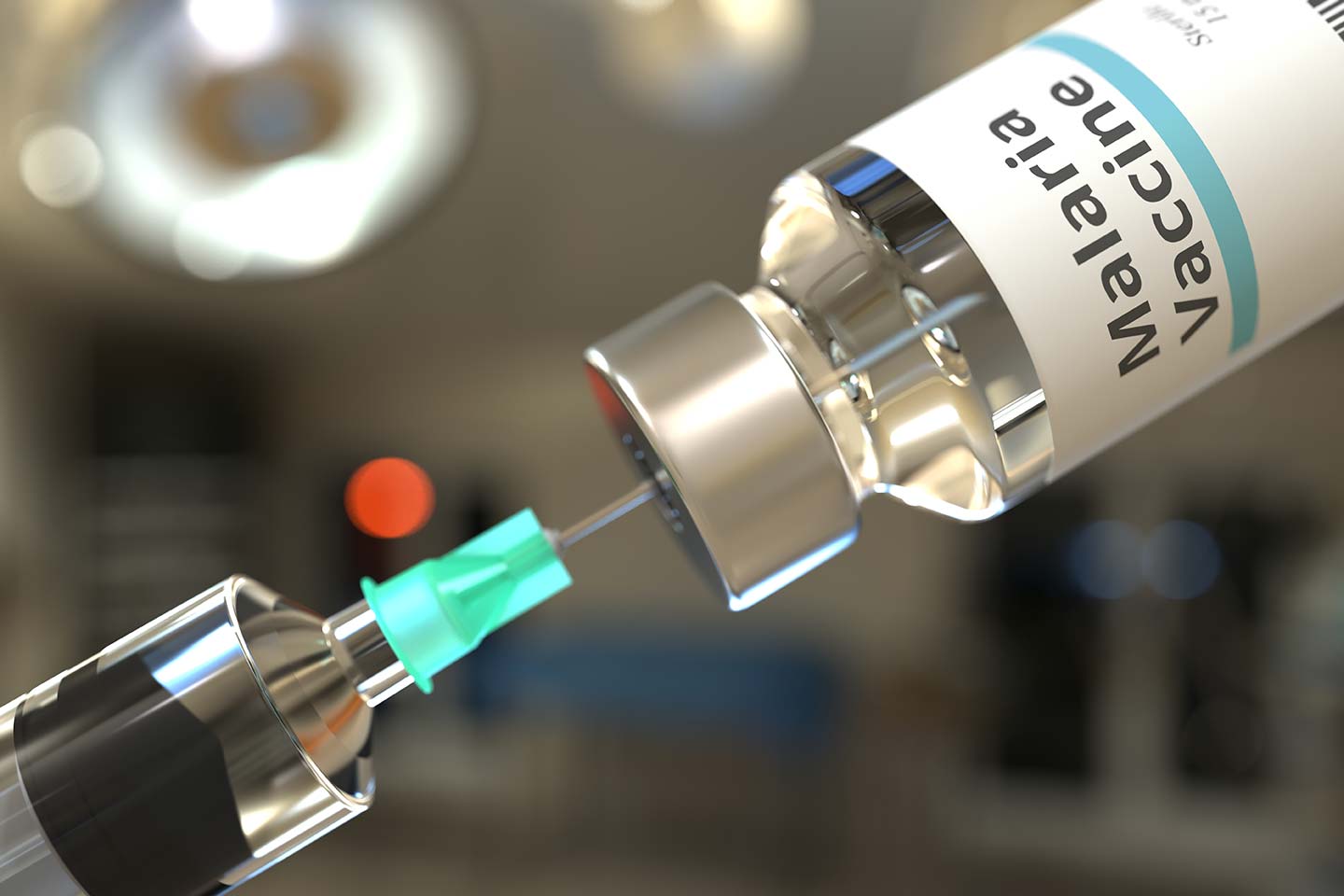Rwanda is set to host the 8thPan-African Malaria Conference( PAMC), organized by the Multilateral Initiative on Malaria( MIM Society), on April 25, 2024. This date aligns with World Malaria Day, furnishing an seasonable moment to address the ongoing challenges of malaria, especially in Africa.
Under the theme” Grassroots rallying to End Malaria Invest, Innovate & Integrate,” the conference will bring together a different array of experts, scientists, policymakers, and healthcare interpreters. The event will punctuate the significance of community engagement and innovative results in the fight against malaria, which continues to be one of the deadliest conditions encyclopedically.
Malaria remains a significant global health trouble, with the World Health Organization( WHO) reporting around 249 million cases in 2022. Africa bears the topmost burden of the complaint, counting for 94 of malaria cases and 95 of malaria- related deaths worldwide. The complaint generally affects children under five times old, making it a severe health challenge for vulnerable populations across the mainland. In addition to its health impact, malaria places an enormous strain on African husbandry, contributing to slowed growth and development.
The impact of malaria extends far beyond health enterprises; it also has profound socio- profitable goods. The complaint limits productivity, affecting workers’ capability to contribute to the frugality, and hinders education, as children constantly miss academy due to illness. Malaria outbreaks can strain healthcare systems and lead to high treatment costs. likewise, regions with a high prevalence of malaria frequently witness slower profitable growth. Studies show that countries heavily impacted by malaria see significantly reduced profitable expansion, affecting long- term development prospects.
As the host country, Rwanda is showcasing its successful community- grounded strategies in combating malaria. Community Health Workers( CHWs) play a critical part in this fight. In 2023, CHWs diagnosed and treated 60 of malaria cases in Rwanda, demonstrating the effectiveness of grassroots involvement. These workers are supported by civil enterprise similar as the distribution of long- lasting germicide- treated bed nets and Inner Residual Spraying( IRS), which helps reduce the presence of malaria- carrying mosquitoes.
These sweats have contributed to a significant decline in malaria cases and deaths in the country. From 2016/17 to 2022/23, periodic malaria cases per 1,000 people in Rwanda fell from 409 to 47, reflecting the success of these interventions. As a result, Rwanda has earned recognition from the WHO for its progress toward achieving the 2025 Global Technical Strategy( GTS) targets for malaria control.
Rwanda’s approach has come a model for other African nations, demonstrating how community- driven sweats combined with government support can yield substantial results. The country’s focus on early opinion, timely treatment, and precautionary measures has been necessary in reducing malaria’s impact.
The PAMC provides an excellent platform for participating successful strategies, fostering transnational collaboration, and engaging in critical conversations on how to further enhance malaria control sweats. During the conference, experts and actors will engage in shops fastening on perfecting and expanding malaria treatment and forestallment strategies, while stressing the significance of investment and invention.
Given the global urgency to annihilate malaria, the conference’s timing on World Malaria Day is significant. World Malaria Day serves as a memorial of the ongoing challenges the world faces in eradicating the complaint and the need to consolidate sweats in high- threat areas. It’s also an occasion to reflect on the progress made and the commitments necessary to insure a malaria-free future. This day underscores the significance of continued investment, collaboration, and invention to sustain the instigation in the fight against malaria.
The PAMC will also serve as a platform to punctuate the critical part of both public and private sectors in malaria control. The conference will emphasize the need for governments, transnational associations,non-governmental associations, and the private sector to work together toward the participated thing of eradicating malaria. Research and development will be crucial focal points, with conversations aimed at chancing new ways to ameliorate being interventions, similar as malaria vaccines and new treatments.
As Rwanda prepares to show its perceptivity and strategies at the 8thPan-African Malaria Conference, the event symbolizes both stopgap and a call to action. It’ll give an occasion for actors to reflect on the progress made in malaria control, celebrate successes, and bandy the ongoing challenges. The conference is also a critical moment to rally farther support for the fight against malaria, which remains one of the most significant health pitfalls on the mainland.
The 8th PAMC will bring attention to the grassroots rallying sweats that have been pivotal in reducing malaria’s impact in Rwanda. By fastening on investing in communities, instituting new results, and integrating these sweats into broader health systems, the conference aims to inspire and amp the global community to make lasting strides in the battle against malaria.
Rwanda’s part as the host nation is an important reflection of the country’s commitment to combating malaria and promoting health across Africa. By demonstrating its successful malaria control strategies, Rwanda hopes to encourage other nations to borrow analogous approaches and continue the global fight toward a malaria-free world.
Eventually, the 8thPan-African Malaria Conference serves as a critical event for reflecting on the progress made and charging sweats to eventually end malaria in Africa. With continued investment, invention, and transnational collaboration, it’s possible to annihilate malaria and reduce its ruinous impact on millions of people, especially in Africa.




